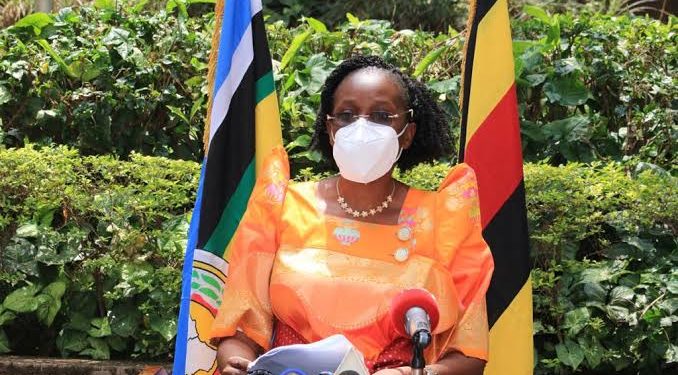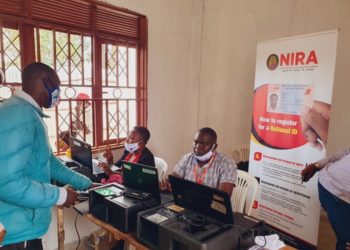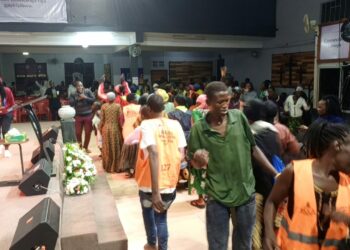Participants of the 6th National Conference of Communications (NCC) highlighted the opportunities, challenges and solution for innovating in a crisis and necessity of guaranteeing reliable and resilient network connectivity.
The Conference was hosted by the Uganda Communications Commission (UCC) in collaboration with the Makerere University college of Engineering, Design art, and Technology (CEDAT). This year’s conference, themed “Connectivity, Resilience and Innovation in the COVID-19 Era”, seeks to highlight the advances in theory and application of communication engineering in Uganda, especially in light of recent challenges posed by the COVID-19 pandemic.
The Chief Guest, Hon. Judith Nabakooba the Minister of ICT and National guidance noted that the pandemic has increased the uptake of ICT services in Uganda. Under the new normal, usage of e-services like online shopping, e-meetings, and online streaming have become more common.
“In the COVID19 period, technology was available for people to use, many resorted to the regular use of Internet services by shopping online, using Zoom to engage in company meetings, and more. This is a plus for the ICT industry since it shows more growth for the usage of eservices, and our desire as a ministry is to see the whole country connected to the Internet, ” said Hon. Judith Nabakooba, Minister of ICT and National Guidance
According to the UCC Executive Director Ms. Irene Kaggwa Sewakambo, the pandemic has stimulated a greater need to integrate ICT in different sectors and in aspects of our daily lives as many people globally moved away from physical to virtual contact, interaction, and working.
“As we reflect on the disruption of COVID19 to our way of life and the world around us, our challenge as scientists, researchers, and innovators, is to leverage this as an opportunity to identify and develop solutions to the critical problems facing our society today, and ways in which the various services can be improved for the betterment of our country,” said Ms. Irene Sewakambo
With the COVID19 Pandemic, changes in internet usage have made life and business more dependent on networks. Data security and privacy protection become increasingly important on both individual and organizational level.
Mr. Lizhi, Huawei Uganda’s Delivery and Service Vice President.
At the conference, Huawei Uganda Delivery & Service Vice President Mr. Li Zhi call on industry players and decision makers to consider shifting from reactive defense to proactively strengthening reliability and resilience of public networks.
“At Huawei, in the past 3 decades, we have phased our cyber security approach into 4 steps, code, code to software, software to running, and supply chain security. These help in the design and implementation of secure networks with better reliability for general performance,” said Li Zhi
Data security and privacy protection is a common but differentiated responsibility. Operator, vender, government, and citizens all have different roles to play, and the only way to ensure that the interests of all stakeholders are protected is through broad consultation, dialogue and participation based on objective standards.
With this in mind, Li said Huawei is an active member of more than 400 standards organizations, industry alliances, and open source communities, contributing to these groups.
“Over the years we have submitted nearly 60 000 proposals, doing our bit to build a robust industry ecosystem for everyone,” added Li.
Do you have a story in your community or an opinion to share with us: Email us at editorial@watchdoguganda.com












